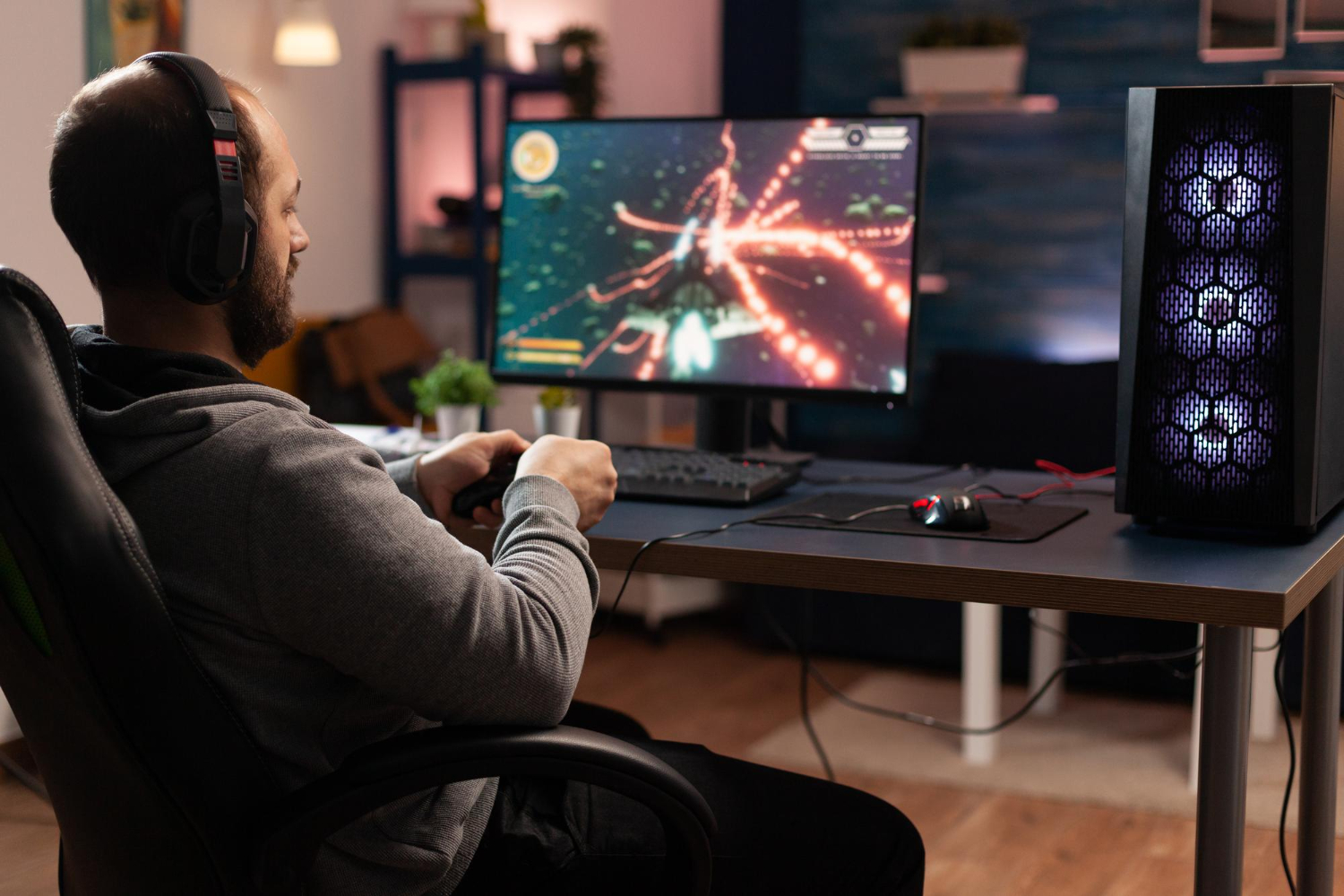One thing is clear. Artificial intelligence has been used in game development for quite some time, dating back to around the 1950s when video games first appeared. Game developers mainly use it for:
- improved graphics,
- preparing scripts and stories,
- creation of levels and so-called NPCs (=non-player characters), i.e. characters you don’t play as in a game.
However, until now, research has mainly focused on the so-called machine learningwhich works by training an artificial intelligence based on a given sample of data and then based on that predicts different behavior or recognizes objects.
And then generative AI appeared…
However, in the context of video games, the last few months have been largely devoted to the so-called generative AI (sometimes also GenAI), which is supposed to revolutionize the world of video games.
Compared to machine learning, it works completely differently. One can generate different types of content – for example text, images or sound. And it looks like game studios will slowly but surely start using it in a big way.
Game engine Unity recently announced that it has created a dedicated virtual AI marketplace where game developers can access various AI solutions. This will speed up their work on creating the video game.
A similar situation occurred elsewhere. In turn, Unreal Engine announced that it will also integrate generative AI into its processes, and NVIDIA recently released a service called ACE that uses generative AI to create smarter non-player characters.
What does it mean?
IT jobs, especially in game development, are likely to undergo big changes. Generative AI can handle this generate game dialogues or visualize the graphical environment so that it is as close to reality as possible.
The former especially pays off in large, open-world games that contain many characters and therefore require a lot of interaction and dialogue. The latter, in turn, may look like generative AI will create high-quality 3D models of objects.
Will programmers and game developers lose their jobs?
Probably no. Generative AI still lacks one human skill: creativity. In addition, everything she creates is copied from the works she studied. This makes it difficult to use.
But over time, the situation is likely to change, and generative AI will become an assistant, this will help developers and programmers speed up processes, which unduly burdens them. The future could mean that for everyone involved in video games, AI will free up their hands a little during routine work and force them to do more important and fundamental things. Which is ultimately a benefit for everyone.
TIP: Do you want to start working in the IT field? View open IT vacancies at ICZ, which creates software for companies in banking or, for example, healthcare. Who knows, maybe you’ll gain experience here and one day work on a video game too!
Source : Zing
